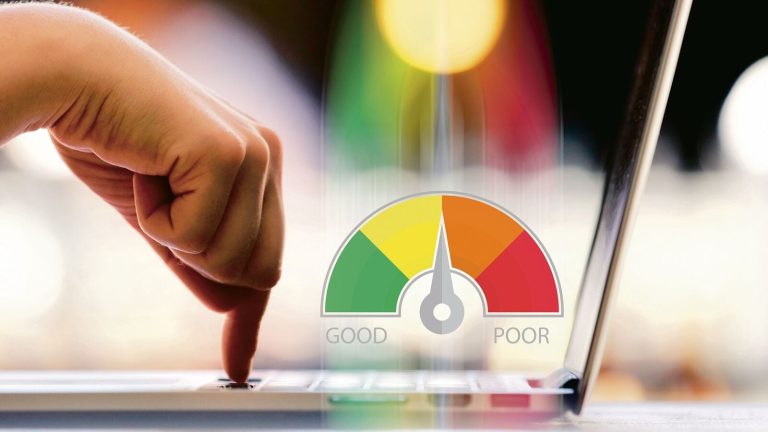A credit score of 650 is considered average at best in India. This score has the potential to limit access to premium financial products and services.
With this score it becomes very difficult to secure premium credit cards, fair and reasonable interest personal loans, easy home loans etc.
Now, elevating this credit score in the healthy range of 750 to 800 can unlock several unique opportunities such as higher credit card limits, much lesser complications, lower interest rate, better loan terms etc.
What can you do to boost your credit score?
There are several important points that you should always keep in mind to boost your credit score. According to Sumit Sharma, Founder, Radian Finserv, “Amid the need for credit, diligent use of credit cards, gold loans, and short-term loans paired with timely and slightly higher payments over the due outstanding helps build trust with lenders and strengthens the credit score.”
Further,Let us look at five actionable steps you can take to achieve a high credit score, preferably a credit score of 750 or above and ensure that your overall credit profile remains healthy, thus fostering easy loan and credit card borrowing according to your needs and aspirations.
1. Prioritise timely repayments
Your payment history has an immense influence on your credit score. Consistently making payments of your credit card bills along with loan EMIs on time, demonstrates financial discipline and responsibility.
That is why setting up automatic payment i.e., the auto debit facility mandates can help in ensuring that you are never in a position to miss out on any due date.
2. Keep your credit utilisation under 30%
This is another very important point to always remember. You should aim to keep your credit utilisation ratio below 30%. This simply means that if your total credit limit is ₹1,00,000 then try not to use more than ₹30,000 of the total available credit limit.
A consistently high credit utilisation ratio i.e., anything over the 30% limit shows that you are overly dependent on credit and this can have a negative impact on your credit score and your overall credit profile.
3. Build a balanced credit mix
A mix of several secured and unsecured credit options such as home loans, credit cards etc., indicates your clear will and ability to efficiently manage various credit types. That is why diversifying your credit mix can positively impact your credit score.
4. Avoid frequent loan and credit card applications
You should also clearly note that, each and every new credit application such as a new personal loan application, a new credit card application can result in a ‘hard inquiry’ that may temporarily lower your credit score.
That is why you should avoid applying for multiple credit lines i.e., new credit cards, personal loans etc., in a very short period of time to maintain a stable credit score.
5. Monitor your credit report regularly
It is imperative that you regularly review your credit report. This can help in identifying errors and associated discrepancies that might be bringing your credit score down.
Leading credit bureaus such as CRIF High Mark, CIBIL, Experian or Equifax can help you access your credit report. Now, while going through your report if you spot any inaccuracies you should promptly raise objections and get them resolved.
Therefore, by diligently following these steps, you can improve your credit score over time, thus boosting it all the way from 650 to 800. Such a development will help you in enhancing your financial prosperity, bringing future loan interest rates lower and access to better credit opportunities in the future.
Disclaimer: Mint has a tie-up with fintechs for providing credit; you will need to share your information if you apply. These tie-ups do not influence our editorial content. This article only intends to educate and spread awareness about credit needs like loans, credit cards and credit scores. Mint does not promote or encourage taking credit as it comes with a set of risks such as high interest rates, hidden charges, etc. We advise investors to discuss with certified experts before taking any credit.



